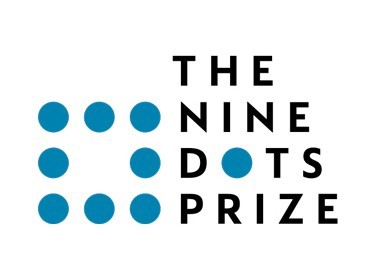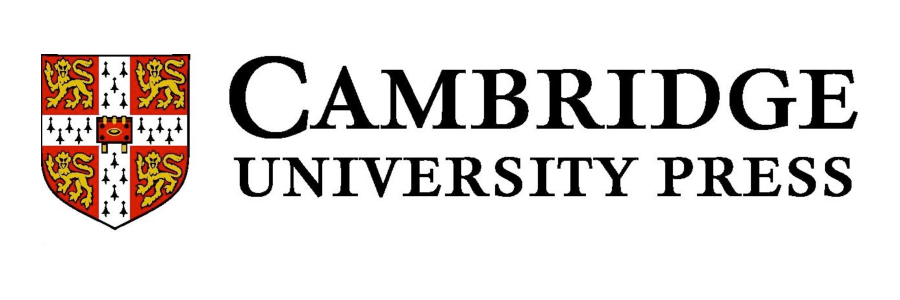Annie Zaidi’s book Bread Cement Cactus, combines memoir and reportage to explore concepts of home and belonging rooted in her experience of contemporary life in India, where migration – within the country, especially from villages to cities – is high.
Zaidi began her career as a reporter with stints at leading newspapers and magazines including Mid-Day and Frontline. She has published both fiction and non-fiction: Known Turf: Bantering with Bandits and Other True Tales is a collection of essays shortlisted for the Crossword Book Award in 2010, and Love Stories # 1 to 14 is a collection of short fiction published in 2012. In 2015, she published an anthology called Unbound: 2,000 Years of Indian Women’s Writing. Elle magazine named Zaidi as one of the emerging South Asian writers “whose writing… will enrich South Asian literature”. She currently works as a freelance writer, working on fiction, scripts and columns for magazines and newspapers.
Here she answers a few questions put to her by Steven Connor during her time at CRASSH in Autumn 2019.
Reflections on the Publication of Bread Cement Cactus
Today sees the publication by Cambridge University Press of Bread Cement Cactus, written by Indian author Annie Zaidi as the second winner of the Nine Dots Prize, which was awarded in 2019 to the book proposal that the judges thought would best answer the question ‘Is there still no place like home?’ Annie Zaidi’s book is a series of meditations and reminiscences on the different kinds of home that she has known in India. We were delighted that, in late 2019, she added Cambridge to that list of homes, when she came to work on her book in CRASSH. In it, she quotes Maya Angelou’s view that “the ache for home lives in all of us. The safe place where we can go as we are and not be questioned”, and gives her own response: “This safe place – does it exist? I don’t know. What I do know is that the illusion must exist.” We hope you will want to read more about the prize and listen to Annie talking about her book here on the CRASSH site.
– Steven Connor, Director CRASSH
A book’s publication is always the end of a fairly long journey. The publication today of Bread Cement Cactus by Annie Zaidi is also the end of the second cycle of the Nine Dots Prize – a prize that seeks to reward original thinking in response to contemporary societal issues. Back in May 2018, our Board of 11 esteemed writers and thinkers choose the question for this round of the Prize: ‘Is there still no place like home?’ We launched this cycle in October 2018 and we had over 700 entries from around the world looking to answer the question. From these, Annie Zaidi was picked as the winner in May 2019. Annie then had seven months to expand her submission into a short book. We at the Prize recognise what a challenge it is to write a book in such a short time and so we try to provide support to the winners to help this happen. A key part of this is the opportunity to spend some time as a Visiting Fellow at CRASSH. While Annie was at CRASSH in autumn 2019 she attended and gave seminars, had access to world-class libraries and facilities and got to spend time with others researching and writing on a wide range of subjects. From this, plus support of editors at Cambridge University Press, Annie completed a beautiful and thought-provoking book, that I am delighted that everyone can read from today.
– Jane Tinkler, Senior Prize Manager at the Nine Dots Prize
Having the time and mind-space to focus on a book is always a gift. The Nine Dots prize enabled that in multiple ways, especially the chance to be a visiting scholar at CRASSH. My work was at a crucial stage when I arrived in Cambridge and I was able to access the books and materials I needed. Equally important was a chance to be in an environment where so much exciting research was unfolding and being shared through seminars. Ideas often fall into place not through direct encounters with scholarship relevant to one’s own topic but through chancing upon seemingly unrelated material. I found my view of the world, of human history and individual identity, expanding as I encountered multiple – and ever-changing – narratives and perspectives. It was also a pleasure and a relief to be able to meet the CUP team, and have conversations that defined the scope of the book more clearly, but also expanded it in unexpected ways.
– Annie Zaidi, Writer and author of Bread Cement Cactus
Themes in the Book
Qudsiya Ahmad, Head of Academic Publishing at Cambridge University Press India, asks Annie Zaidi questions on how the book came into existence and some of the themes touched within it.
Reasons to Apply
Support offered by CUP and CRASSH
The Title of the Book
Identity
Women and Home
Indian Society
Graves
Illustrations in the Book
The Nine Dots Prize, a new biennial prize, was launched on 21 October 2016, offering US$100,000 and a book deal with Cambridge University Press. The Prize is designed to promote and encourage innovative thinking to address problems facing the modern world. Its name references a lateral thinking puzzle that can only be solved by drawing outside of a box of nine dots arranged in three rows of three. The Prize is judged anonymously by a 12-strong Board of internationally recognised and distinguished academics, authors, journalists and thinkers. The Board is chaired by Professor Simon Goldhill, former director of CRASSH, Professor in Greek Literature and Culture and Fellow of King’s College, Cambridge.
The book will be available to buy in hard copy and as a free e-book from Cambridge University Press from 28 May 2020.



